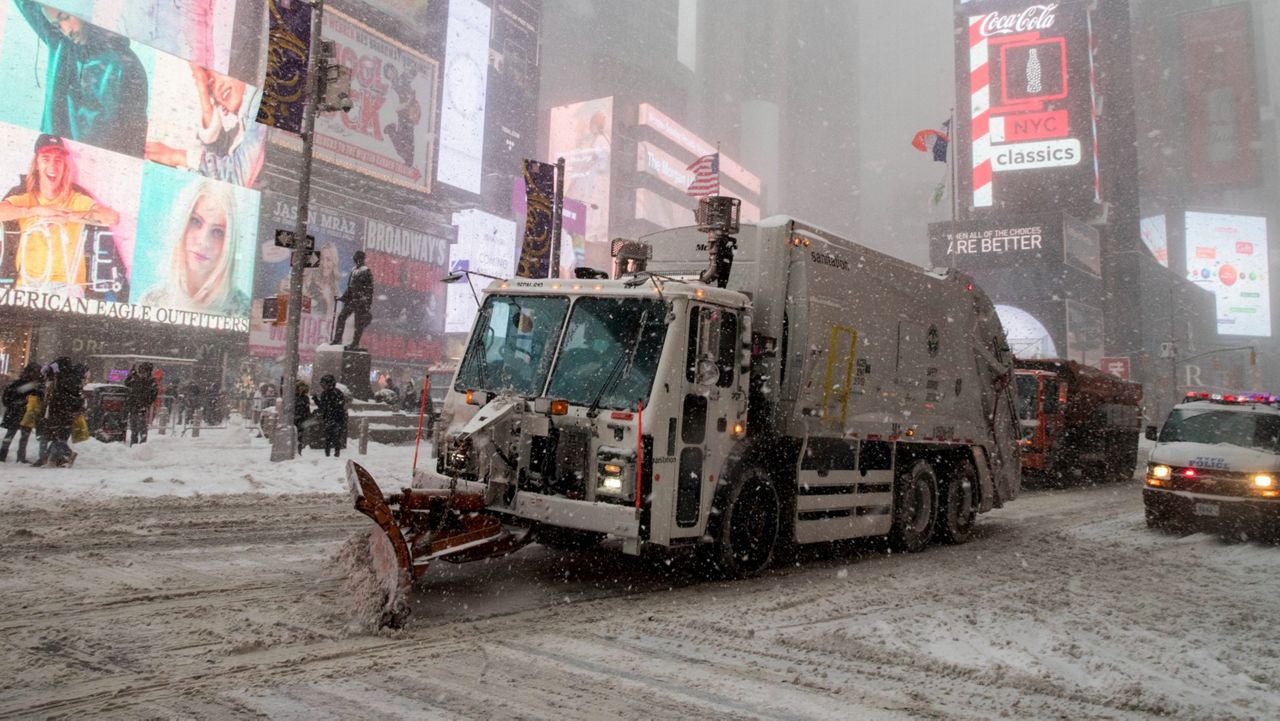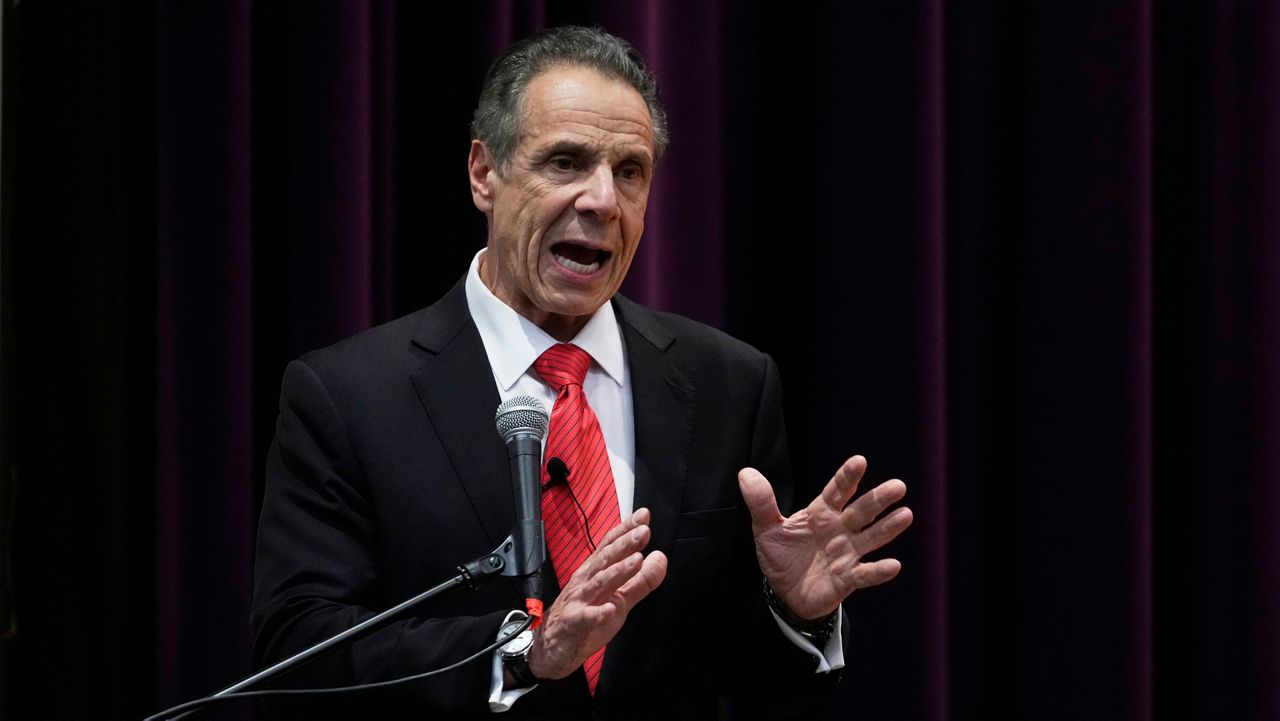The city’s fleet of trucks used for carting trash and plowing snow will likely not be able to go fully electric by the city’s self-imposed deadline of 2040, Sanitation Commissioner Jessica Tisch said in a City Council hearing Wednesday.
Tisch said that while the department still aims to convert its smaller trucks and vehicles to fully electric by that date, the technology for electric engines for the large trash haulers doesn’t currently meet their standards. In tests, she said, the electric plows failed to go the distance in removing snow from streets.
“They basically conked out after four hours. We need them to go 12 hours,” Tisch said. “I don't see today a path forward to fully electrifying the rear loader fleet by 2040.”
Former Mayor Bill de Blasio signed an executive order in February 2020 requiring every city-owned vehicle, including large trucks and emergency vehicles, to be fully electric by 2040.
Press representatives for Mayor Eric Adams did not respond to a request for comment on how the city will meet the 2040 goal, or offset carbon emissions created by large sanitation vehicles.
The department also faces infrastructural challenges to electrifying the larger trucks, Tisch said. Installing the kinds of direct-current chargers used to power up the large batteries in electric trash haulers in some cases requires overhauling the transmission setup at sanitation garages, she said.
Electric mechanical brooms — the street sweepers that swiffer down the streets on alternate side street parking days — have done will in sanitation department tests. Tisch said they have ordered seven more electric mechanical brooms, as well as seven more electric collection trucks, which will arrive next spring.
Currently, the department has 289 hybrid or fully electric vehicles out of a fleet of nearly 6,000 units (a number that includes both large haulers and small forklifts).
Tisch also discussed expanding organic food waste collection to all five boroughs. Adding the necessary trucks would cost about $75 million, she said, at about $450,000 per truck.
Tisch also said she did not support two pieces of proposed legislation: a bill that would increase penalties for not removing snow for chain retailers, and a bill that would reduce snow removal-related fines for seniors and people with disabilities. She called for raising penalties across the board, up from $100 for failing to clear snow and $50 for leaving trash on a sidewalk in front of a business or residence.
“People wonder why we have the same property owners, the same dirty conditions in front of their stores,” she said. “That’s why there's no real consequences for maintaining that important part of the social contract.”








